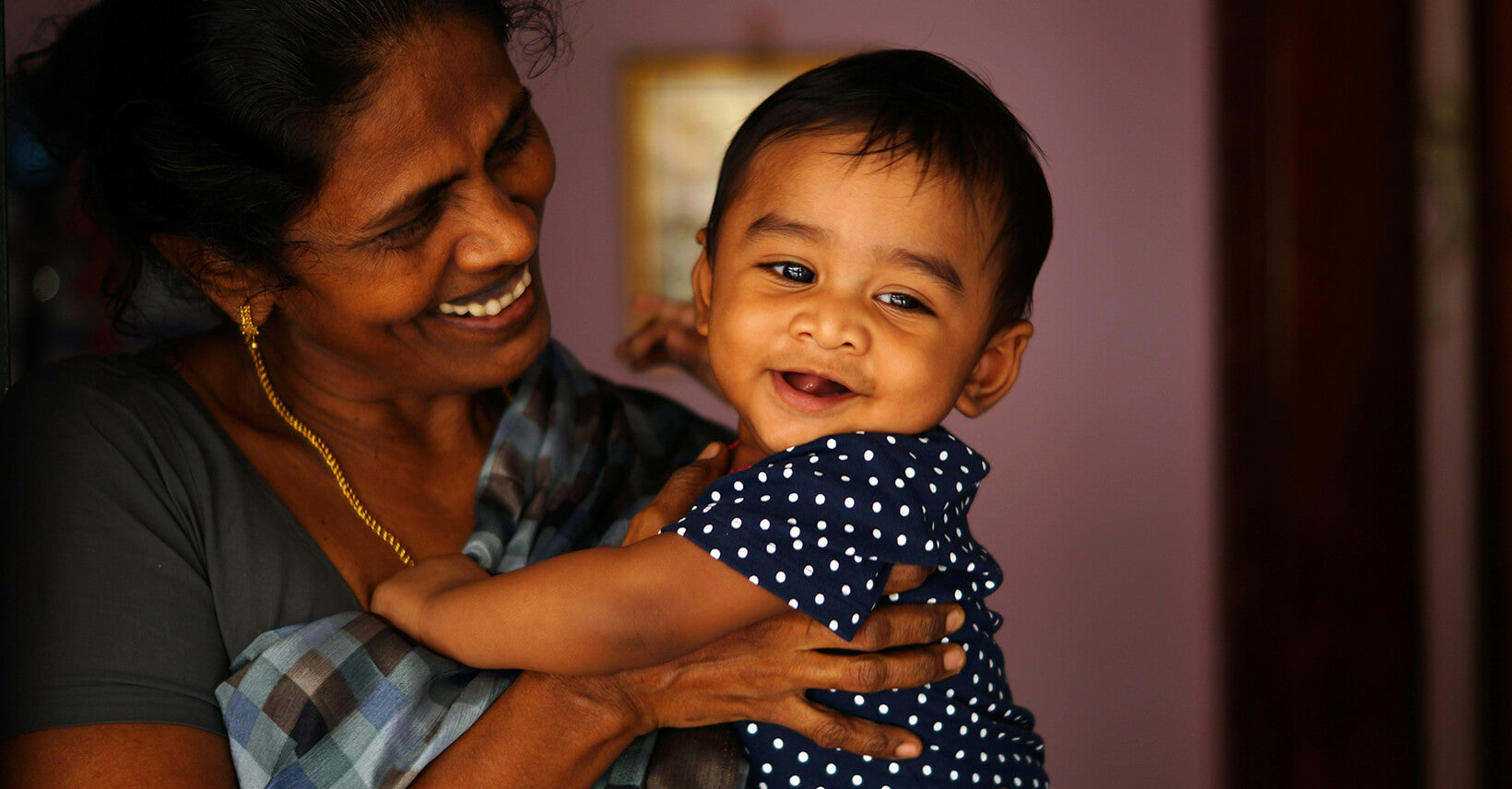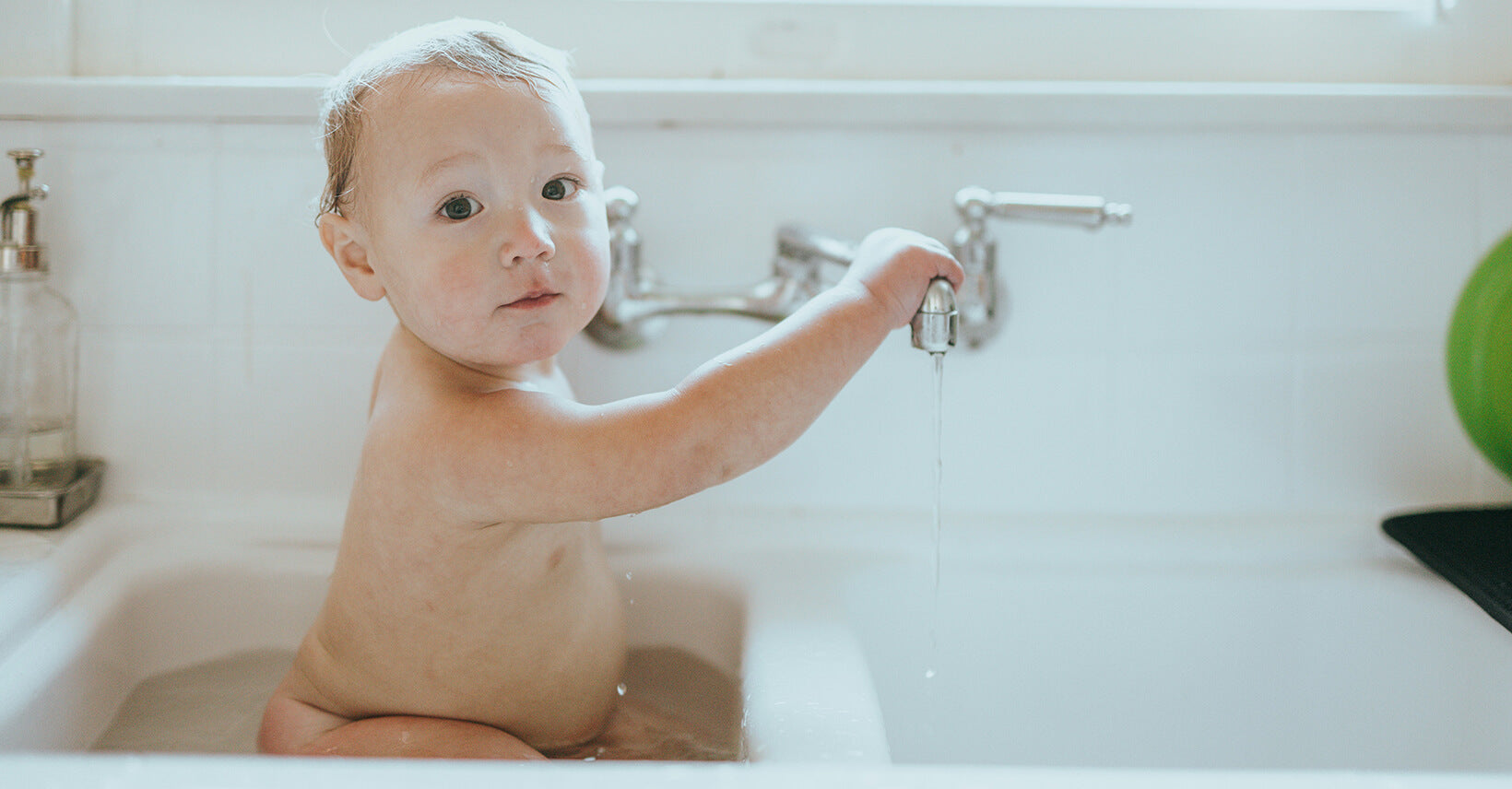
Do Babies Sleep More When Teething?
For many parents, one of the first signs that their baby is teething is an increase in sleep. As their gums become swollen and sensitive from the teeth pushing through, babies often seem too uncomfortable to stay awake for long. The pain and irritation caused by teething can disrupt an infant's sleep and leave them tired. This raises the question: why do babies sleep more when teething? The answer lies in understanding their bodies' response to this natural developmental process.
In this article, we will explore when babies typically start teething, common symptoms parents can watch for, whether increased sleep is normally seen, and tips to help soothe babies' discomfort as their first teeth emerge. By learning more about why teething impacts sleep, parents can feel prepared to support their little one through this temporary but tricky phase of growth.
When do babies start teething?
Let's first delve into when babies begin teething.
Most babies will start teething between 4 to 7 months old, though the timing can vary significantly between children.
The lower front teeth, known as the central incisors, are generally the first to emerge. Around 25% of babies may start cutting their first teeth as early as 3 months, while others may not teeth until well after 6 months. The average age is around 6 months.
By 7-10 months, babies often have 2-4 teeth. The upper front teeth usually come in shortly after the lower front ones. Between 10-16 months is when the molars tend to appear. These back teeth located on both sides of the mouth are wider and flatter than the front teeth and are responsible for grinding food.

It's also common for the first teeth to come in pairs - either the bottom ones or top ones together. After the initial batch, teeth usually appear one by one and spaced out over several weeks or even months. By around 2 years old, most babies will have their 20 primary/baby teeth starting to fill out their dental arch.
So in summary, the most typical timeframe parents see teething begin is anywhere from 4-7 months, starting with the lower central incisors as the prime “teething teeth.” Development varies, so there’s no single correct age - it depends on the individual child.
What are the symptoms of teething?
Here are some of the most common symptoms parents may notice when their baby is teething.
Increased fussiness and irritability. As the gums become swollen and painful from teeth pushing through, babies often seem upset and cry more than usual.
Gum rubbing and grabbing/chewing. Babies instinctively soothe their gums by rubbing them on fingers, toys, or the crib. They may also put more non-food items in their mouth.
Low-grade fever. While uncommon, some babies experience a slight fever up to 100.4°F while teething due to gum inflammation.
Drooling and excessive saliva. Saliva production increases as babies prepare to cut teeth, often causing excessive drooling.
Loss of appetite. Babies may not want to eat as much if they are feeling uncomfortable from teething pain.
Red, swollen, or tender gums. Parents can often see inflamed, purple-colored gums where the tooth is trying to emerge.
Increased sleepiness. The discomfort of teething can make babies feel tired and want to sleep more to rest their swollen gums. They may sleep for longer stretches or take more daytime naps.
While symptoms vary, these are common signs suggesting teething may be the cause of fussiness or irritability in babies 4-7 months and older. It's best for parents to consult the pediatrician with any concerns.
Whether or not baby may be sleeping more due to teething?
Whether a baby sleeps more when teething really depends on the individual baby. For some little ones, teething can really cause discomfort that makes them extra tired. The gums get swollen and sore as teeth push through, so sleeping offers relief.
Most babies will probably want more sleep as their first teeth come in. The front bottom teeth, called front teeth, are usually the first to erupt. They tend to be quite painful for little gums. Babies may fuss and rub their gums a lot when awake.
The stage of teething also matters. When the tooth is first breaking skin, that pinches a lot and can disturb sleep. Babies may wake up crying from the pain. Their gums get very puffy and red at this early stage.

But not all babies are the same. Some may not seem too bothered by teething. It just depends on how sensitive their gums are. Breastfed babies too may find comfort from antibodies in mom's milk that ease pain.
Overall, more sleep is a common reaction when teeth irritate sore gums. But every child differs, so parents need to observe their own baby. Pay attention to other teething signs too, like chewing fingers. If a baby just seems extra cranky and tired, they're probably asking for more rest while cutting new teeth. Taking it easy together can help weather the teething process.
Why babies sleep more when teething?
There are a few key reasons why many babies tend to sleep more when they are teething.
Pain relief - Teething can cause significant discomfort and pain as tiny teeth emerge from swollen and irritated gums. Sleeping provides a natural form of pain relief by allowing the baby to rest.
Inflammation - The gum tissues become inflamed during teething as they make way for the new teeth. Extra sleep gives the gums a chance to recover and reduce inflammation.
Stress response - Teething triggers the body's stress response as it undergoes the physiological changes involved. Increased sleep is part of the parasympathetic nervous system kick-in to help the baby relax and de-stress.
Energy conservation - Crying and fussing due to teething pain uses up energy. Babies who sleep more conserve their calories at a time when nutrients are needed for dental development.
Growth needs - This is a period of rapid growth and brain development. The extra REM sleep phase during teething supports growth and healing processes taking place throughout the body and gums.
Inherited reflex - Scientists theorize an evolutions inherited reflex may prompt teething babies to sleep longer to remain quiet and protected at this vulnerable stage.
So in summary, sleeping when teething provides both direct pain relief and allows the body to optimally allocate its resources towards completing this important developmental milestone.
Tips for relieving discomfort during teething
Teething rings/toys. Safe, BPA-free teething rings that can be chilled or frozen provide natural gum relief. The cold numbness feels soothing for babies to chew and rub on tender gums.
Gentle gum massage. Using a clean finger, gently rub or massage the inflamed gum area around the emerging tooth. This increases circulation and can help push the tooth through faster.
Medication. For severe pain, you can give baby an appropriate dose of infant acetaminophen or ibuprofen under pediatrician's guidance. These medications work by reducing inflammation and discomfort.
Cold compress. Dampening a clean washcloth with cold water and gently wiping or rubbing baby's gums with it offers a temporary numbing effect. Avoid direct ice on gums.
Breastfeeding. Nursing increases milk production and release of endorphins soothing to baby's mouth. The let-down reflex also stimulates gum circulation to ease pressure points.
Teething biscuits/wafers. Dissolvable, no-added-sugar teething biscuits allow babies to gum and chew something crunchy for tactile stimulation of gums.
Chew toys. Clean, BPA-free rubber or plastic toys designed for chewing let baby bite down to alleviate pressure on tender gums as teeth emerge.
Pacifiers. Clean pacifiers or spooning ice chips onto one provides an outlet for comforting gum stimulation and cold relief.
The key is trying different soothing techniques to see what helps most for individual babies. Staying patient and observing for other teething signs will ease discomfort.
Our favorites

Yujia Shi
An expert in sleep sack design, is a valued contributor to Kaiya Baby's blog. With a strong background in baby sleep bags and maternal care, she is highly regarded for her professionalism. Yujia Shi prioritizes baby comfort and safety in her designs, using high-quality materials. Her insightful articles on sleep bags have been featured in reputable publications and have gained a significant readership. Trust Yujia Shi to help you create a comfortable and safe sleep environment for your baby, backed by her proven track record in the industry.






Leave a comment
This site is protected by reCAPTCHA and the Google Privacy Policy and Terms of Service apply.